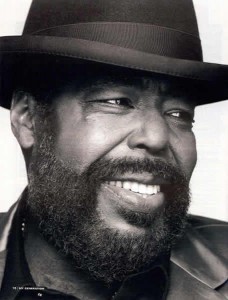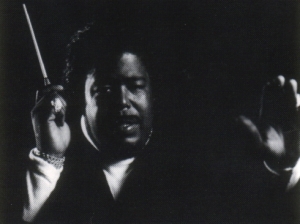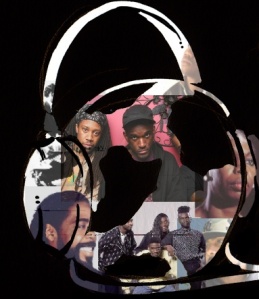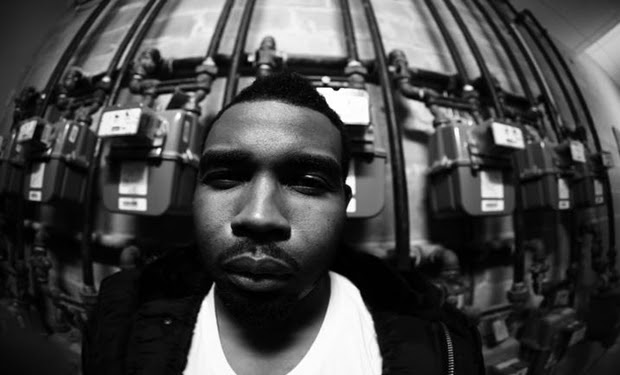
By shelz.
Modern R&B is normally delivered in two forms. The syrupy sweet doo wop of love lost and found regularly battles the tawdry, lust-filled odes to knocking boots. The pair has coexisted in the eye of the quiet storm for decades.
However, every once in a while an artist comes along who bridges the gap. They manage to merge the two and give a full view of all the pain, pleasure, smiles and tears that love engenders. No one did this better than Barry White.
White’s 26 year recording career produced a catalogue that today’s crooners can only fantasize about. There were 28 albums including eight compilations, 12 of which either went gold or platinum. 46 of his 51 singles made the U.S. R&B charts. He won five Grammys and sold over 100 million units. He was featured on shows as diverse as “Soul Train” and “The Simpsons” while recording with an eclectic sampling of artists that included Tina Turner and Big Daddy Kane. As impressive as his success was however, it almost didn’t happen.
White, who worked outside of the spotlight writing and producing, entered the business with one goal, to mastermind the blockbuster success of an all girl trio in the mold of Berry Gordy’s Supremes. In 1969 he found his ladies and christened them Love Unlimited. Their music was a sonic precursor to the trademark Barry White sound. Sexy, soulful and heavy on breathy spoken word, the music for the group was written, produced and arranged solely by White. After a successful Love Unlimited single, White decided he wanted to add a male artist to his stable. He completed a few demos of the material the singer would record. White’s friend and 20th Century Music Executive, Larry Nunes took one listen and decided White didn’t need to find a male vocalist because White was the perfect voice for his own material.
Months of arguing led to White’s reluctant agreement. So White re-recorded the demos and released them along with other seductive melodies in 1973 for the album I’ve Got So Much to Give. His initial demo and first single was “I’m Gonna Love You Just a Little More Baby.” The song became one of White’s most popular and has been sampled by Ghostface Killa, De La Soul, and Mos Def, among others. It also introduced the world to an artist who skillfully wrapped his words of love in blush-inducing sexual contexts. Barry White pulled no punches and minced no words. His new, suggestive brand of soul lead to the construction of a new musical genre.
After the sensation of his freshman album, White completely switched gears and decided he would do an instrumental album. He put together a 40-piece ensemble, the Love Unlimited Orchestra, and released the first album, Rhapsody in White, only months after I’ve Got So Much to Give. The lead single, “Love’s Theme,” was an international success and was credited with creating the disco movement. The orchestral song sold over three million copies has been used in several commercials. It was the theme for “Lifestyles of the Rich and Famous.” ABC Sports opened its golf segments with it. The Weather Channel even made use of it for their popular Local on the 8’s segments. Love’s Theme has been sampled remixed and covered. Julio Iglesias even released it complete with lyrics.
The rest of the 70’s were a blur of hits. From “It’s Ecstasy When You Lay Down Next to Me” to “Love Serenade” to “You’re the First, the Last, My Everything,” White’s heavy baritone and his provocative production served him and his label well. However, his relationship with his label would soon sour and the hits simply stopped coming. He continued to record through the 80’s, but his albums didn’t fare well. Also, his hectic touring schedule wore him down immeasurably, leading White to take a break from recording. However, it was a break that would not last long.
White’s appearance on Quincy Jones’ album Back on the Block on the massively popular “The Secret Garden” in 1990 ended his short respite. However, it was his 1993 release The Icon Is Love, with the blockbuster single “Practice What You Preach” that heralded White’s return to the block. His next release, 1999’s Staying Power netted him two Grammys. It appeared White was in the midst of a remarkable comeback when he suddenly fell ill in 2002. Unable to recover from the deadly combination of kidney failure and hypertension, White died July 4th 2003 at the age of 58.
Barry White’s extraordinary career and legacy live on. While most simply remember him as the man with the velvet voice, his unique musical arrangements ushered 70’s culture into the slick grooves and uninhibited lyrics that became the decades trademark. He proved that devotion could be sexy, orchestras could be mainstream and that there was nothing wrong with wanting to love her all night long.
Yeah Baby. Yeah
Celebrate Black Music Month 2009 With Planet Ill
Follow Us on Twitter @ http://twitter.com/planetill
Follow shelz. on Twitter @ http://twitter.com/shelzp
Join Us on the Planet Ill Facebook Group for more discussion




